Hotel budgeting season is right around the corner, and many hoteliers are getting ready to roll up their sleeves and start making tough financial decisions as they look to align investment priorities with next year’s budget projections. This is often a challenging and time-consuming process, but it’s also an opportunity to think through a strategic vision and evaluate the tools and resources needed to achieve these goals.
Investing in an RMS is a High Priority for Many Hoteliers in 2025
Investing in an advanced revenue management system is a high priority for many hoteliers in 2025, and for good reason. These solutions provide a strong ROI and help operators stay on a strong competitive footing in a quickly shifting hospitality market.
This decision shouldn’t be viewed as a one-time, “nice-to-have” investment—it’s a significant strategic move that helps your property stay ahead of the curve.
Because of this, investing in an RMS will certainly bring with it a host of practical questions to consider, and there are a few key areas worth close scrutiny as hoteliers weigh their options for revenue management solutions.
Evaluating RMS Options: 3 Key Questions
Below are three questions to consider when evaluating revenue management system options ahead of budget season.
Question One: Is Your RMS Capable of Advanced Forecasting and Data Analysis?
Is your hotel still manually generating forecasts? An effective RMS is ultimately judged by its ability to generate accurate forecasts amid dynamic trends and uncertainty from individual transient and group travelers. Forecasts should help hoteliers understand their future demand across various booking channels, as well as by market segment, room type, and length of stay.
The best RMS solutions offer automated, advanced analytics capabilities that are critical for effective forecasting. These forecasts, in turn, drive automated, optimal pricing and inventory management decisions that capture more revenue while eliminating manual, time-consuming work. The most effective forecasting tools are designed to avoid human error by circumventing methods prone to biases and quickly adapting to uncertain conditions and abrupt shifts in demand. These systems can continuously self-learn, improving their demand forecasting capabilities over time.
Hoteliers must ultimately ask themselves what level of insight they seek over their competition, but some markets may need more from their forecasts than others. These operators may benefit from an RMS capable of directly integrating competitor rates, future demand data, and reputation analysis into their analytics. With these capabilities, hotels can use an RMS to comprehensively view any property’s revenue potential.
Question Two: Does Your RMS Offer Revenue and Pricing Optimization?
Is your hotel consistently booking its highest-spending guests? For that matter, who are your highest-spending guests? If your hotel cannot answer these questions, then revenue management insights are here to provide the answer. Suppose an RMS can factor in costs while determining pricing and inventory controls and examining guests by market segment. In that case, hoteliers can identify their most profitable guest segments and prioritize them whenever possible.
If your property is full-service or all-inclusive, can you independently price multiple products or services based on their unique historical trends? If so, your property can avoid unnecessarily discounting its most valuable assets while allowing you to decide when to offer room upgrades or implement inventory controls to maximize revenue.
Can your hotel deliver group and meeting space pricing directly to its sales & catering system? Hotels that can are more likely to earn group and event bookings by reducing friction during the buying process. Taking things one step further, can your RMS autonomously send its pricing decisions, inventory controls, and length of stay controls to the hotel’s booking systems? In many cases, this requires automated processes within a hotel’s RMS. While automation is often the most effective means for delivering group pricing, hoteliers should ask themselves if they can quickly access pricing overrides within the RMS, thus allowing operators to take control when necessary.
Question Three: What Training and Support Does This Provider Offer to Make It Easy for Staff?
No one wants to invest in a new tool only to find that staff are feeling like they’re on their own in figuring out how to best use it. When evaluating RMS software, it is essential to consider what a solution provider does to ensure your staff has the training, support, and product functionality to make their lives as easy as possible.
For instance, is your RMS capable of providing details on the incremental revenue raised across a multi-property portfolio by location? Can it highlight high-priority tasks and revenue-generating opportunities for further investigation? Does it explain its pricing and forecasting decisions, or does it leave itself open to interpretation? Can you experiment with pricing ideas and see what the expected “ripple effect” will be on revenue projections?
While features designed to improve quality of life and address revenue leaders’ biggest “What if…?” questions are important, it’s arguably even more important to consider how well your staff are being supported as they get up to speed with these systems’ powerful capabilities.
Without the right training and support systems in place, revenue management tools can be intimidating technology. The success of any RMS investment is inherently tied to the staff’s ongoing success in the adoption and mastery of the system. For that reason, it’s important to also consider the training and support provided. Are robust, user-friendly support materials readily available? Can you easily get in contact with knowledgeable staff when you need help? Are there training and other educational opportunities led by the provider to keep you aware of new features or changes? In combination, these efforts create a lasting support structure for hotel operators as they navigate organizational changes like promotions or departures within their commercial teams.
Weighing your options for revenue management solutions will certainly take some time and effort. But with the right system and provider support in place, the improved revenue performance spurred by this investment should help make budgeting season a comparatively pleasant process.
Free Quiz: Are You on the Path to Revenue Success?
Uncover your maturity level in hotel revenue management with this quiz and get tips on maximizing your revenue.
Upon completion, you’ll receive an informative guide to help your organization take the next step toward peak revenue management maturity.
Click here for the quiz “Are You on the Path to Revenue Success?”.
More Tips to Grow Your Business
Revfine.com is the leading knowledge platform for the hospitality and travel industry. Professionals use our insights, strategies, and actionable tips to get inspired, optimize revenue, innovate processes, and improve customer experience.Explore expert advice on management, marketing, revenue management, operations, software, and technology in our dedicated Hotel, Hospitality, and Travel & Tourism categories.

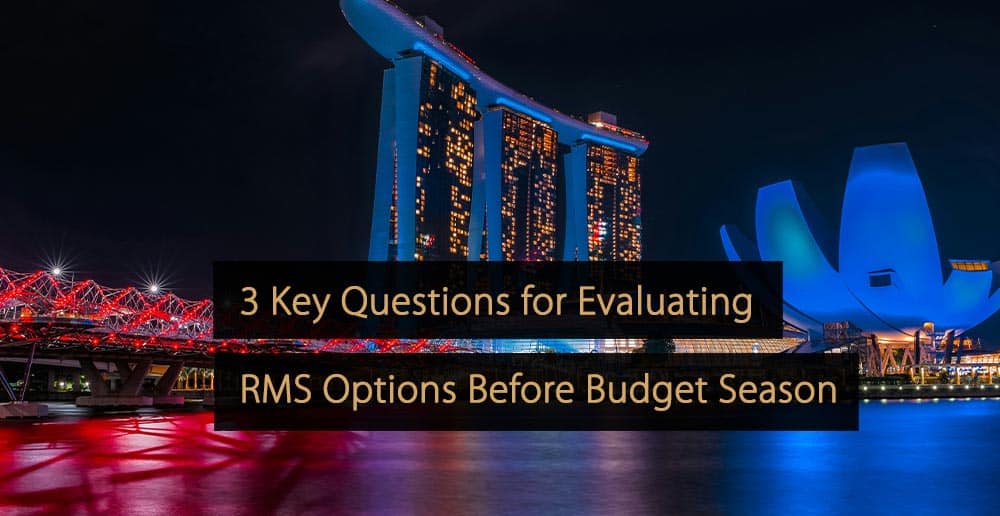
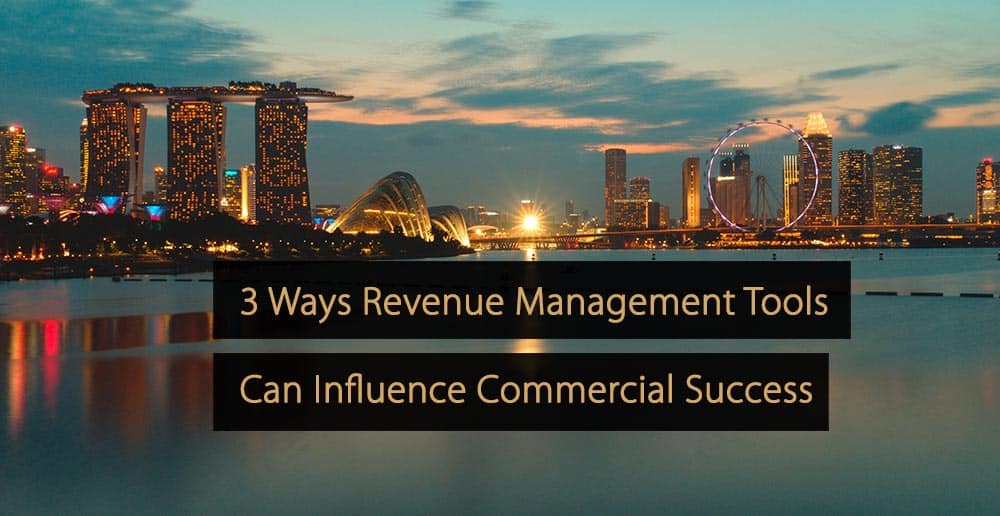
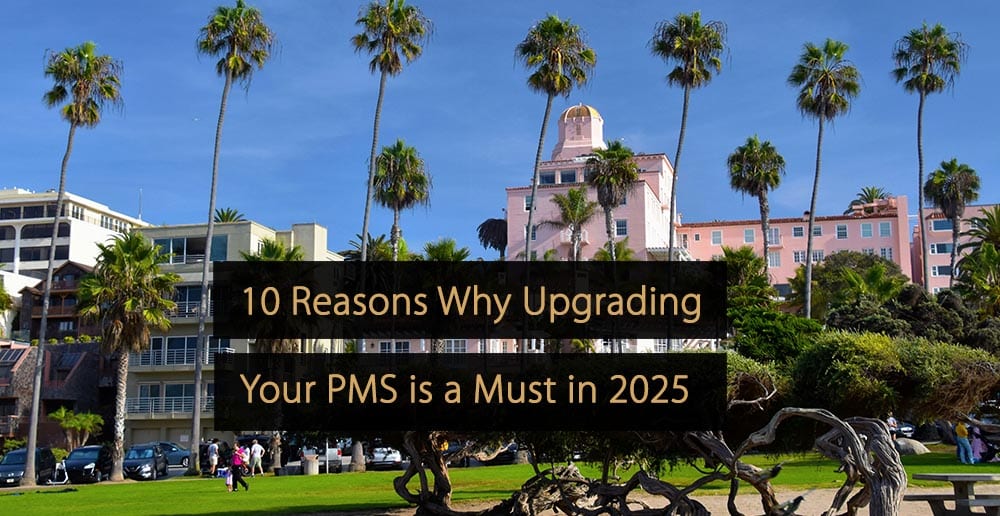
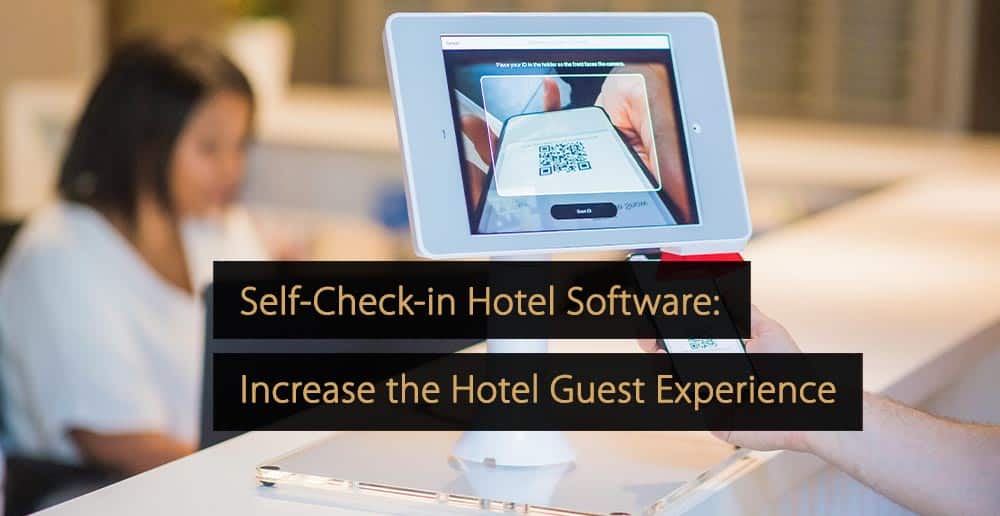
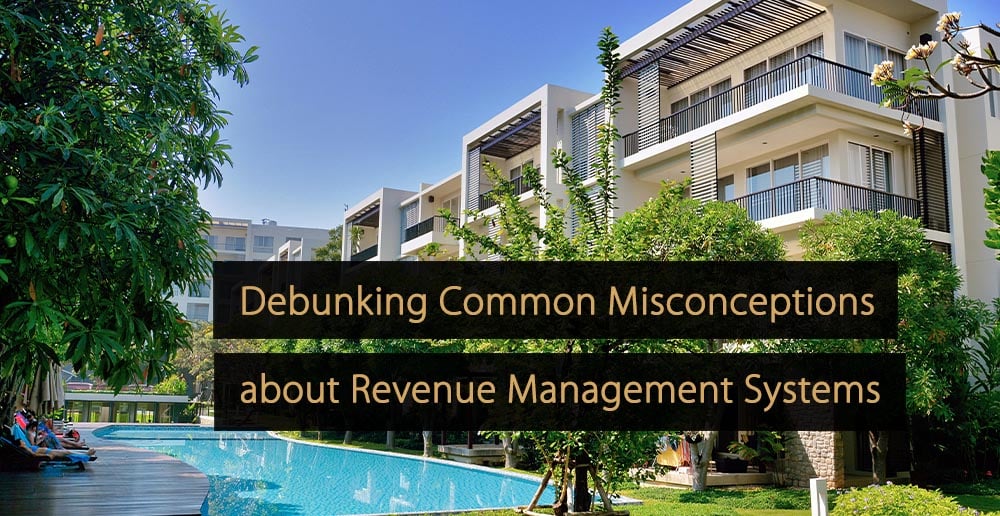
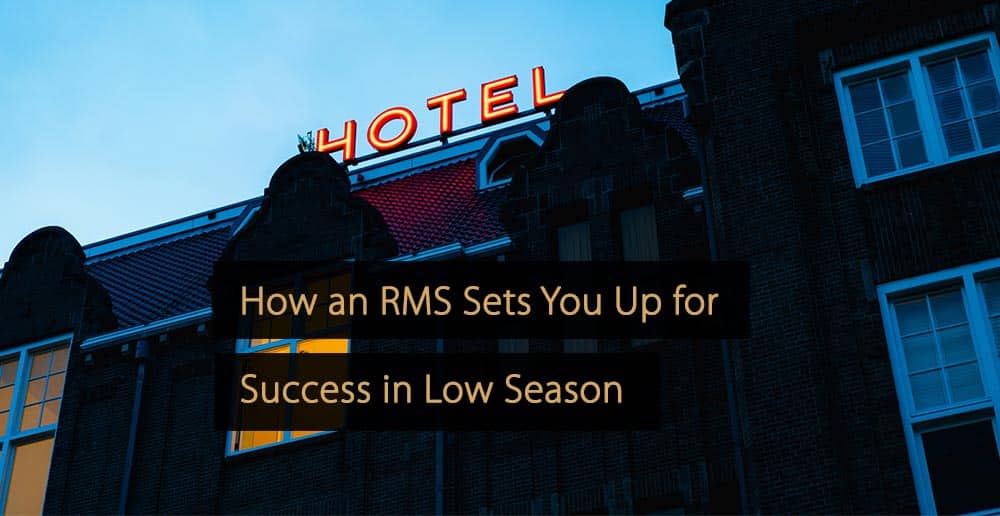

Leave A Comment